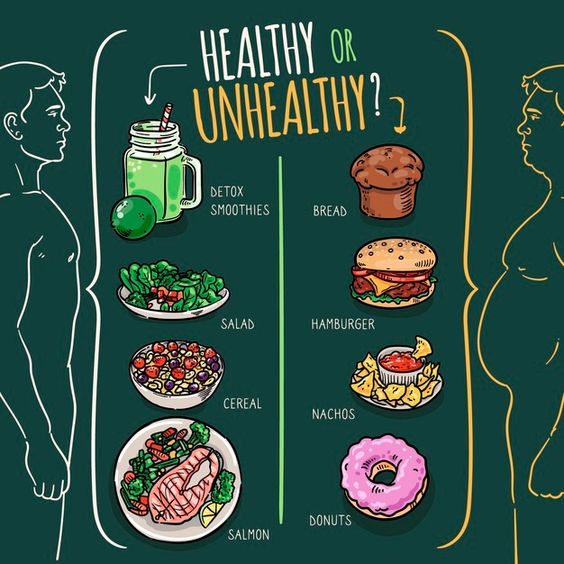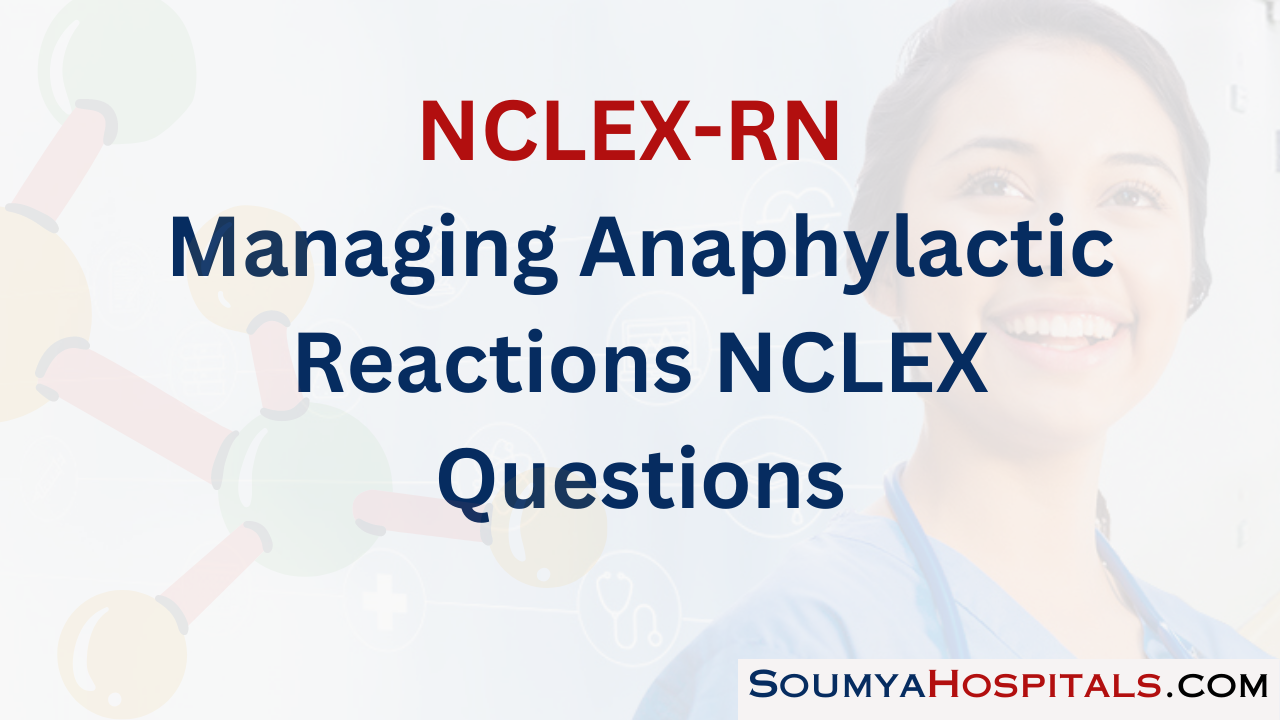We are offering comprehensive collections of Practice Nclex Questions to facilitate self-assessment and exam preparation.
NCLEX Managing Anaphylactic Reactions Questions
Managing Anaphylactic Reactions NCLEX Practice Questions
Question 1.
Mrs. Agrirna is a 55 year old woman with a history of severe allergies. She is currently being treated with a new medicaion for her allergies, but lias experienced an anaphyLactic reaction after taking the medication. Mrs. Agrima Fs vital signs show a rapid. weak pulse and she is experiencing ditliculty breathing. She has a skin rash and is nauseated and vomiting.
What should be the tirst action taken to manage Mrs. Agriina,s anaphylactic reaction?
(a) Administer cpinephrinc or adrenaline
(b) Stop the medication that is causing the reaction
(c) Elevate the head of the bed
(d) Check the ABCs (Airway, Breathing, and Circulation)
Answers:
(b) Stop the medication that is causing the reaction and (d) Check the ABCs (Airway, Breathing, and Circulation)
Rationale:
Option (b) is correct because stopping the mcdication that is causing the reaction is an important first step in managing an anaphylactic reaction. Option (d) is correct because checking the ABCs is the first priority in any emergency situation. including an anaphylactic reaction. It is important to ensure that the patient’s airway is clear and they are able to breathe properly.
Option (a) is incorrect because while epincphrine or adrenaline may be given as part of the treatment plan for an anaphylactic reaction, it is not the first action that should be taken. The first priority should be to identify and stop the trigger for the reaction. Option (c) is incorrect because while elevating the head of the bed
may promote ventilation, it is not the first action that should be taken in an anaphylactic reaction. Ensuring the patient’s airway is clear and they are able to breathe properly is the first priority.
Question 2.
What is the main treatment for anaphylactic shock?
(a) Giving oxygen
(b) Stopping the medication causing the reaction
(c) Administering epinephrinc or adrenaline
(d) Elevating the head of the bed
Answers:
(c) Administering epinephrinc or adrenaline and (d) Elevating the head of the bed
Explanation:
(c) Administering epinephrinc or adrenaline is the main treatment for anaphvlactic shock as it helps to constrict blood vessels and open up airways, improving circulation and breathing.
(b) Stopping the medication causing the reaction is also an important step in the treatment of anaphylactic shock, as continuing to expose the body to the allergen can worsen the reaction.
(a) While giving oxygen may help to improve breathing. it is not the main treatment for anaphylactic shock.
(d) Elevating the head of the bed may promote ventilation, but it is not the possible treatment for anaphvlactic shock. Other important measures in management of anaphylactic shock may include monitoring and recording vital signs. and providing supportive care such as fluids and electrolytes.

Question 3.
Which of the following medications would NOT be used in the management of thyroid storm?
(a) Anti-thyroid drugs
(b) Beta blockers
(c) Glucocorticoids
(d) Antipyretics
Answer:
(d) Antipyretics
Explanation:
To determine the correct answer, it is important to consider the symptoms and treatment options for thyroid storni.
Rationale:
Antipyretics such as acetaminophen and ibuprofen may be used to manage fever in a variety of conditions, hut they are not specifically taken as a treatment for thyroid storm in the case study. Other medications such as antithyroid drugs, beta blockers, and glucocorticoids may be used to treat thyroid storm by controlling the levels of thyroid hormones and reducing the symptoms of’ hyperthyroidism.
Question 4.
What is the main treatment for thyroid storm?
(a) Antipyretics to manage fever
(b) Antithyroid drugs
(c) Beta blockers or glucocorticoids
(d) lodides
Answer:
(c) Beta blockers or glucocorticoids
Rationale:
Beta blockers and glucocorticoids can help to control the symptoms of thyroid storm, such as tachycardia and hypertension. and reduce the release of thyroid hormones.
Also Read:
